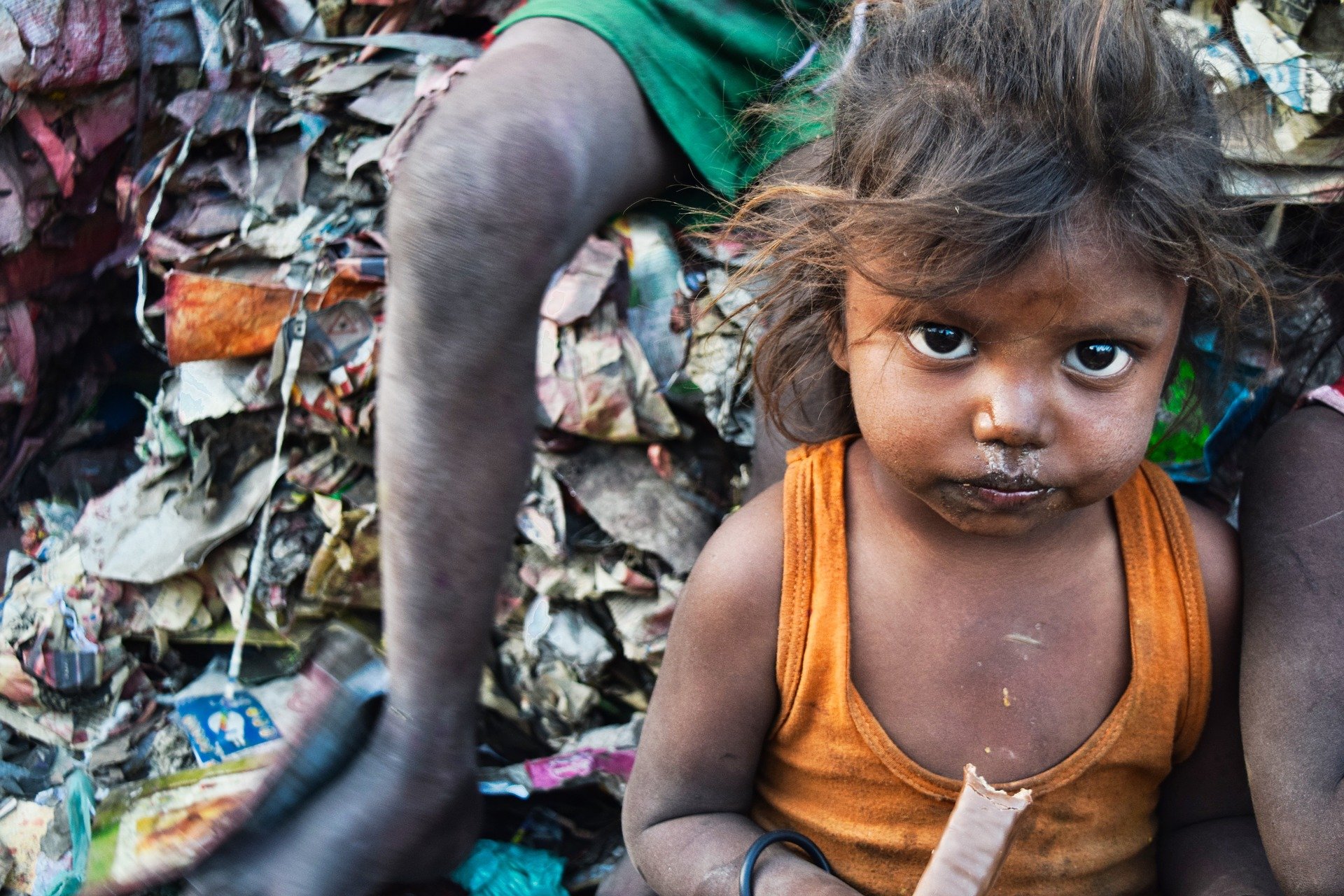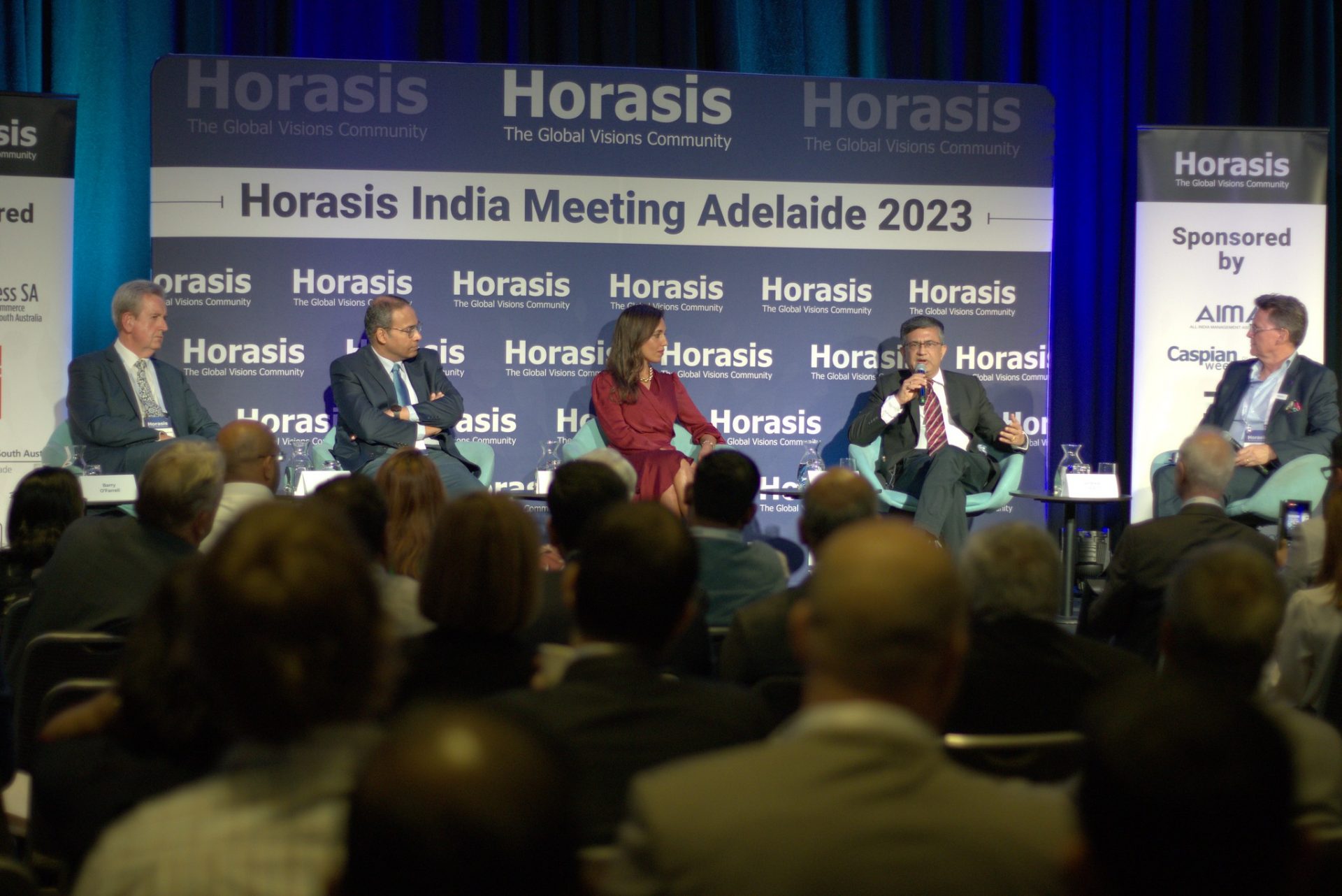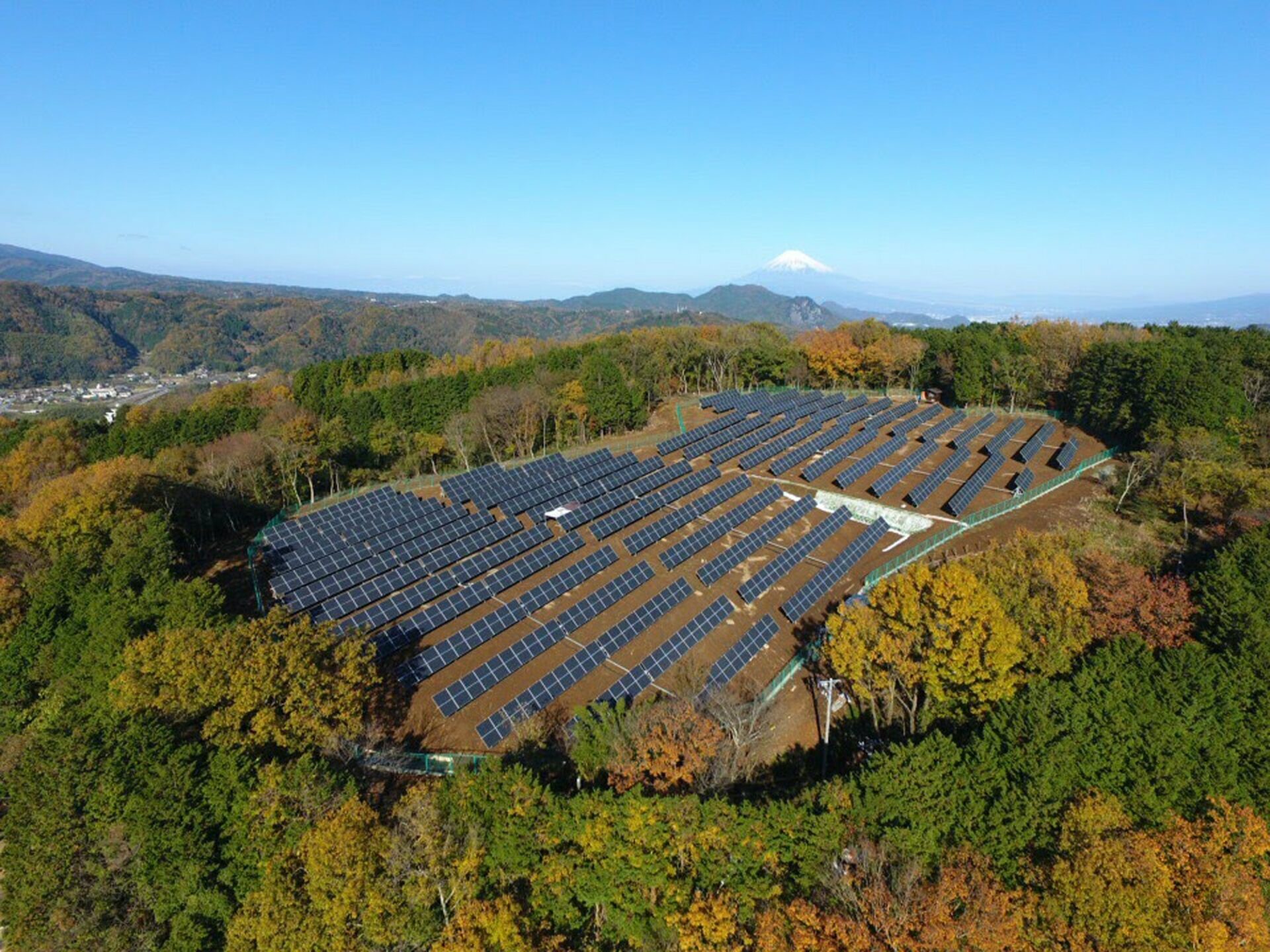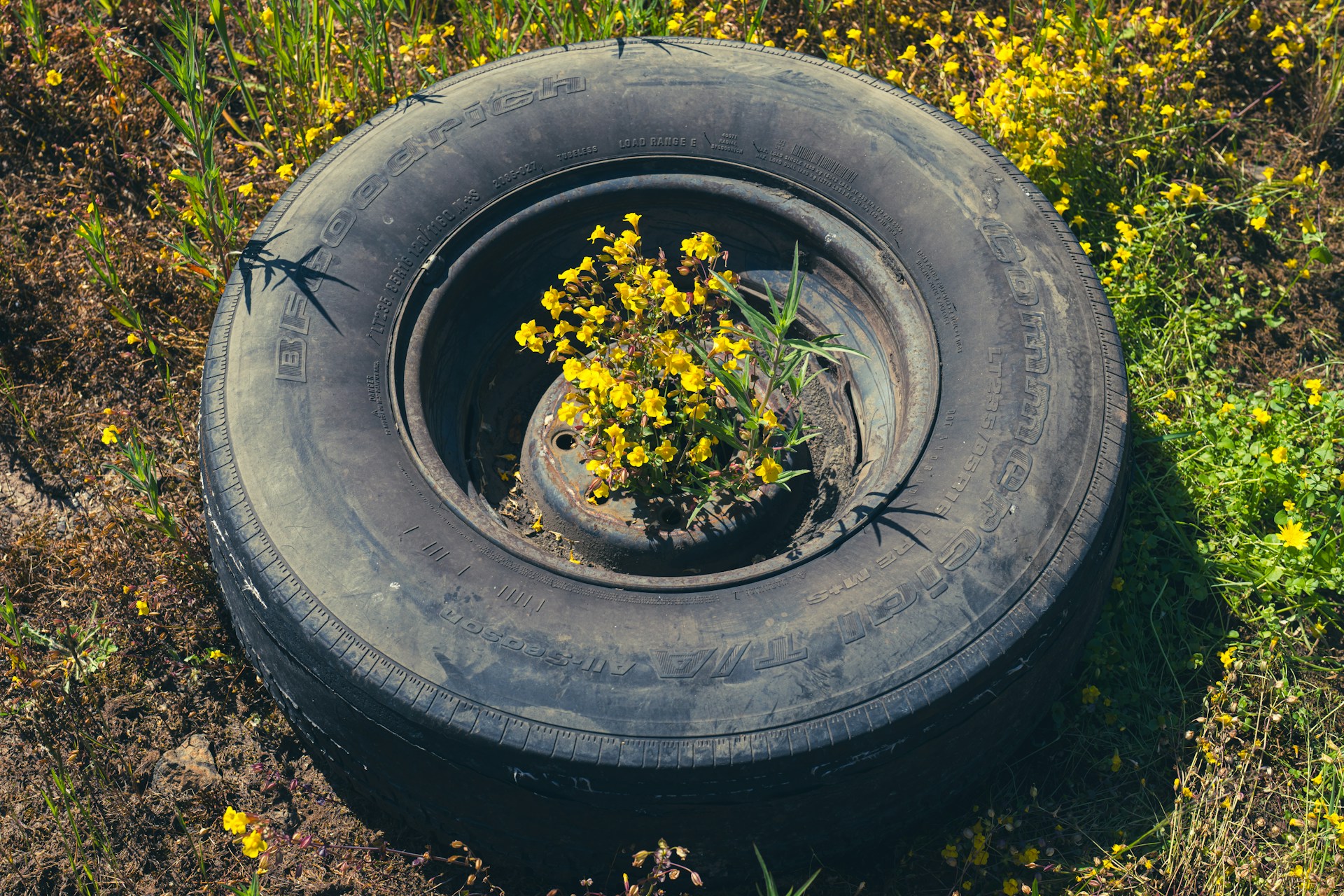Supporting the Underprivileged Promotes Wellbeing and Wealth
COVID-19 has undone several decades of socio-economic gains. Millions who had been lifted out of abject poverty, were once again flung into economic despair. Residents in emerging economies were hardest hit. And adding to their plight were divisive ideas that several global leaders espoused. The economically disadvantaged—who bore the brunt of such ideologies—received a severe blow.
Horasis is organizing the Horasis Asia Meeting on 26 November 2021 to examine and evaluate such developments. The one-day virtual event will see participation from a diverse range of people, spanning members of governments, businesses, academia, and the media. The goal is to deliberate on pressing issues that undermine progress and arrive at actionable solutions that can ensure shared prosperity.
Making their Voices Heard
The media is termed the fourth estate. In an ideal scenario, the media’s role is to serve as a check and balance on the three major wings of government – namely the executive, legislative, and the judiciary.
In recent times, the media in several countries has become increasingly aligned with ruling administrations. The fourth estate has reneged on its key tenet – of remaining an independent body that must report and document fairly. In fact, there are several confirmed instances where inaccurate information has been intentionally reported.
Likewise, media outlets that have reported not-so-pleasant information about influential individuals have received the short end of the stick. Amid this unfortunate scenario, the least affluent sections of society have nowhere to turn to have their voices heard. Their demands or woes, therefore, go unfulfilled or overlooked.
More importantly, in cases where affected individuals have taken to the internet to voice their concerns, they have been vindicated. The pressing question then is, how can society’s most marginalized make themselves heard?
The Invoking of Historic Wrongs
World history is replete with examples of how one community went against another. Or, how one people were subjugated by an ‘outside’ force. There is no doubt that many of these acts were criminal, where a peaceful situation was possibly thrown into disarray without provocation.
From a wider scope, these events were unfortunate. In modern times, existing moral and legal frameworks would effectively prevent such events from taking place. But the crux of the matter is these past events cannot be reversed.
Interestingly, several leaders invoke these events from centuries or even millennia ago to rile up divisive sentiments. It is, as if, the descendants of ‘historic wrong doers’ should be taken to task. Is there any reasonable logic in this approach?
Time and time again, an ‘us versus them’ rhetoric is successfully used to stoke ill will among residents of one country. Going by anecdotal evidence, these calls to action have no proven economic or social benefits. If anything, divisive policies have only served to further consolidate a ruling administration’s influence.
Historic wrongs cannot be undone. At the same time, subtle steps can be taken to engage in productive discussions to best evaluate how they can be amended. And while making amends, the benefits must alleviate economic woes or extend enablers. In the absence of positive outcomes, there are no benefits to dwelling on historic wrongs.
Supporting the Underprivileged
It is imperative for global leaders to take stock of the more basic responsibilities entrusted upon them. For the most part, policymakers have successfully led their economies to greater heights. In the pandemic’s absence, there would certainly have been more success stories emerging from across the world.
However, the economic impacts of the pandemic have been debilitating. It will take the better part of a decade or more to reverse COVID-19’s effects. Government and business leaders, therefore, must prioritize on those members of society who have been most severely impacted. Their demands must be analyzed, and efforts must be made to set them on a path to economic sustainability. In addition, their voices cannot be muted for they are as much citizens of their respective countries.
The rule of law applies equally to all. In modern democracies, for instance, each individual is granted fundamental rights. One such right is the freedom of speech. While it cannot be exercised in its absolute form, it cannot be suppressed either.
It is such constitutional freedoms that have enabled the building of more advanced societies based on trust and tolerance. In sum, it is futile to try and turn the clocks back on what is arguably one of the most peaceful and productive periods in human history.
Photo Caption: The pandemic has undone several decades of socio-economic gains.



